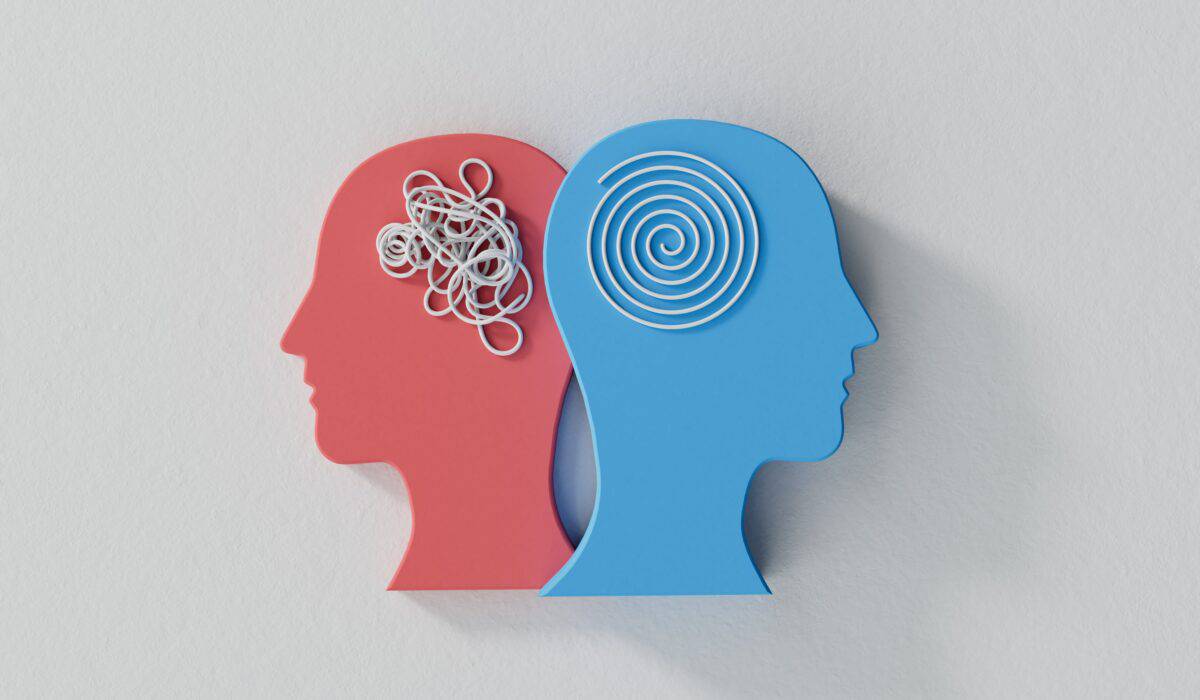Something has to change. You aren’t happy where you are with your life—but you aren’t sure where to begin to make some much-needed changes to get to where you want to be.
You could turn to one of the many popular reality television shows and podcasts featuring life coaches. But while these wellness professionals may often look a lot like mental health therapists, there are some important differences to consider as you plan your path to greater personal growth.
Therapists and Life Coaches: What’s the Difference?
A licensed therapist is a person who has been professionally trained to provide mental health therapy to clients. Therapists go to school for professional training and achieve at least a Master’s degree. Their education gives them the knowledge and tools to help people improve their mental health. Prior to becoming licensed, they must complete thousand of hours of therapy under the supervision of a therapist who supervises their work.
Therapists help their clients manage problems like depression, anxiety, anger, PTSD, relationship conflict, and eating disorders, among others.
Life coaches, on the other hand, have no equivalent educational training. Instead, these wellness professionals guide and support their clients as they set and achieve goals in their careers or personal lives. Coaches can help to clarify a goal, identify the obstacles that may be getting in the way of that goal, and develop strategies for overcoming them.
Begin your healing journey today. Call now to start your therapy!
212-960-8626The practice of psychotherapy is highly regulated. Life coach, in contrast, are not. Everyone can call themselves a life coach even without any relevant experience. There is no required training or experience necessary to become life coach, although some coaching associations do have ethical guidelines in place. Some life coach training program do deliver certificates and might provide valuable training. But such training are not recognized as license to practice their craft.
Life coach tend to focus on holding their clients accountable for meeting goals and creating outcomes. There is an emphasis on achievement and advancement and learning practical tools and strategies for success. Life coach cannot practice psychotherapy and depending on their state are not permitted to diagnose or treat emotional disorders, behavioral problems, mental illnesses, or alcohol and substance abuse.
Another important tidbit, the law protects the relationship between a client and a therapist. Psychotherapy is subject to strong confidentiality protection, at the federal level by HIPAA and in New York, by the NYS Mental Hygiene Law. Life coach clients do not benefit from the same confidentiality protection because life coach are not regulated. That said, life coach can commit to do their utmost to protect their clients’ right to privacy. If you work with a life coach, make sure they make such commitment to you, preferably in writing.
Another difference: psychotherapy is covered by insurance, life coaching is not. This can make a big difference in terms of cost.
What Type of Professional is Right for You?
Therapists and life coaches help people move forward in their lives to become the people they want to be. They ask similar questions, and sometimes make use of similar techniques. In some situations, a life coach might be the right choice. In others, you’d be better served seeing a therapist. Which professional is right for you at any given point in your life depends on how you’re feeling, what you’re hoping to accomplish, and what is getting in your way.
Looking For Therapy? Start Healing Today. Call Now To Get Started!
212-960-8626In contrast, therapists put greater emphasis on emotional healing, tackling present issues at their root and diagnosing and treating mental health and behavioral health conditions.
These questions can help you determine whether a therapist or a life coach would be better for you:
A. Are you focused on mental health or an external goal?
This question is not always easy to answer. After all, gaining more control over mental health symptoms may be a goal. But therapists are there to help you navigate personal relationships, heal from trauma, or deal with ongoing mental health symptoms.
Life coaches, in contrast, do not treat mood disorders, anxiety disorders, or any other mental health condition. They are goal-focused, and are especially helpful when you’re looking to make a big change in your career, for instance, or improve your communication skills.
B. What skills do you need to develop?
Therapists will help you work on skills like cognitive reframing or changing the way you perceive experiences or emotions. They may also help you work on mindfulness techniques to better manage mental health symptoms.
A life coach is going to help you with skills aimed at meeting your goals and getting you motivated through coaching techniques.
C. Are you looking for short- or long-term support?
This is a key difference in the way therapists and life coaches work. Life coaches like to work on specific goals within a defined schedule. They help identify goals, create a goal-achieving strategy, and navigate obstacles.
Looking For Therapy? Start Healing Today. Call Now To Get Started!
212-960-8626Therapists run on a more open-ended timeframe. You will work with your therapist as long as necessary, on any issues that need to be addressed, in order to get where you want and need to be. There are certain Aha! moments in therapy where you suddenly understand something crucial about yourself.
By tackling the deeper emotional root of issues, therapy can help you gain greater understanding about yourself and approach life with more consciousness and clarity.
Finding Help
Deciding to make a change is an important first step in pursuing a life with purpose, passion, and meaning. Finding the right professional to help you starts with recognizing your objectives and the kinds of obstacles getting in your way.
At Manhattan Mental Health Counseling, licensed therapists help individuals, couples, and families with a range of issues and a desire for strong, resilient, forward-looking mental health. To find out if therapy is right for you, contact our offices by calling 212-960-8626 or send us a message through the online form. Manhattan Mental Health offers in-person and online counseling.

